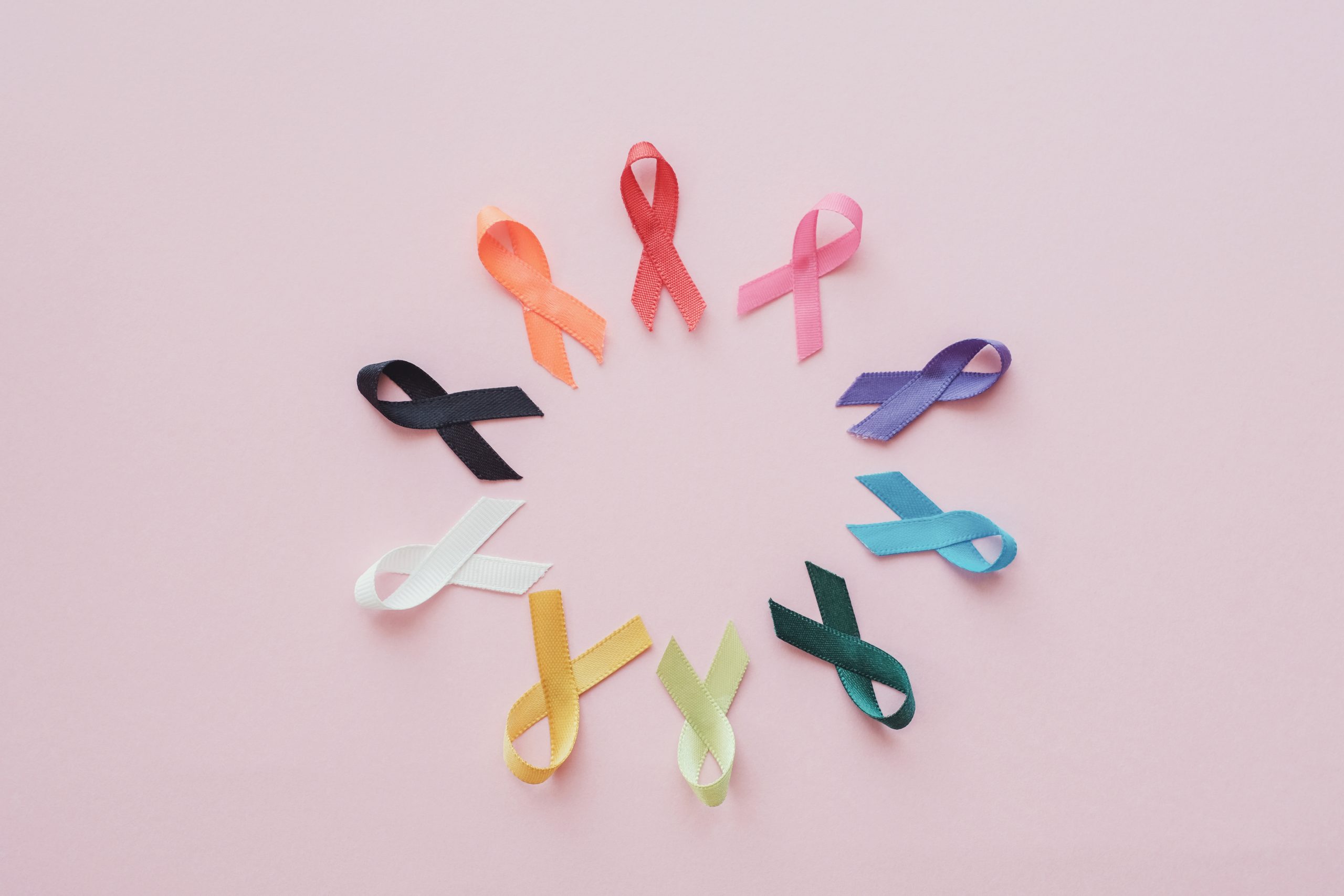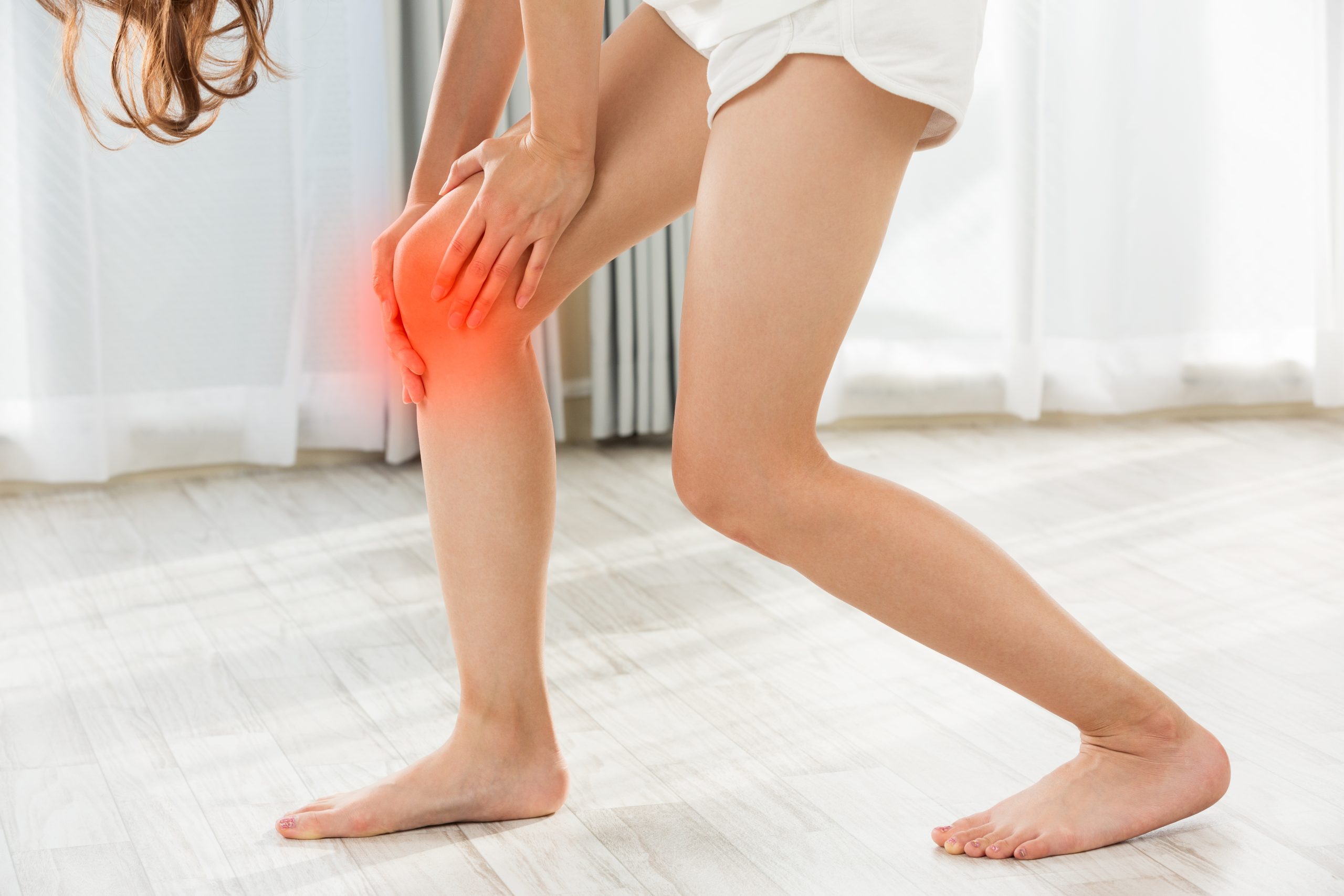Is hypnosis the missing link in the fight against alcohol use disorder?
Story Overview
- Hypnosis is gaining recognition as a legitimate therapy for various health issues, including alcohol use disorder.
- Experts emphasize that hypnosis enhances other treatments rather than serving as a standalone cure.
- Neuroimaging studies provide biological evidence supporting the mechanisms of hypnosis.
- The practice is endorsed by major health organizations, yet remains underutilized.
Hypnosis: A Historical Context
Hypnosis emerged as a therapeutic tool in the 19th century, evolving from mystical roots to a scientifically studied intervention. Initially popularized by figures like Franz Mesmer, it gained scientific attention in the late 20th century, when randomized controlled trials (RCTs) and brain imaging studies began to unveil its mechanisms and efficacy. Hypnosis became recognized for its potential to address pain, anxiety, and even phobias, setting the stage for its application in treating alcohol use disorder.
Despite its historical baggage, modern hypnosis is far removed from the spectacle of swinging pendulums and stage antics. Today, it’s a precise clinical tool endorsed by the American Psychiatric Association and the American Psychological Association. Yet, despite its credentials, hypnosis still battles misconceptions and underutilization, especially in treating substance use disorders where its role remains adjunctive rather than primary.
The Science Behind Hypnosis
Neuroimaging studies, like those conducted at Stanford University, have demystified hypnosis by identifying specific brain regions altered during the hypnotic state. These findings highlight changes in areas associated with attention, consciousness, and control, providing a biological basis for its effects. Such insights corroborate the clinical observations that hypnosis can modulate perception and behavior, offering a plausible mechanism for its efficacy in treating various health conditions.
While the evidence for hypnosis in managing alcohol use disorder is less robust compared to pain or anxiety, its potential as an adjunct therapy is promising. Experts like Dr. David Spiegel and Dr. Shawn Criswell advocate for its integration into comprehensive treatment plans, emphasizing that hypnosis supports motivation and stress management rather than serving as a standalone cure.
Clinical Applications and Expert Insights
Hypnosis has long been used for pain management and habit control, with systematic reviews and meta-analyses confirming its efficacy. The practice’s safety profile is well-established, with mild side effects and rare complications under proper clinical guidance. In treating alcohol use disorder, hypnosis can enhance other therapies by reinforcing positive behavioral changes and reducing cravings, according to practitioners like Dr. Lama Bazzi.
Clinicians such as Dr. Michael Yapko and Dr. Ryan Sultan highlight that hypnotizability—a person’s responsiveness to hypnosis—significantly influences treatment outcomes. This variability underscores the importance of personalized approaches and skilled practitioners in maximizing the benefits of hypnosis in clinical settings.
Implications and Future Directions
The rising interest in hypnosis reflects a broader trend towards non-pharmacological interventions in healthcare. As research continues to validate its efficacy, hypnosis may become a standard component of treatment pathways for select conditions, potentially reducing healthcare costs and medication reliance. However, its integration into mainstream care for alcohol use disorder requires further evidence and education to overcome skepticism and enhance acceptance.
The future of hypnosis in treating alcohol use disorder hinges on ongoing research and the dissemination of credible information. As professional societies update guidelines and directories for qualified practitioners, patients can expect greater access to this therapy. The collaboration between researchers, clinicians, and professional bodies will be crucial in advancing hypnosis as a viable option for those seeking holistic treatment approaches.











